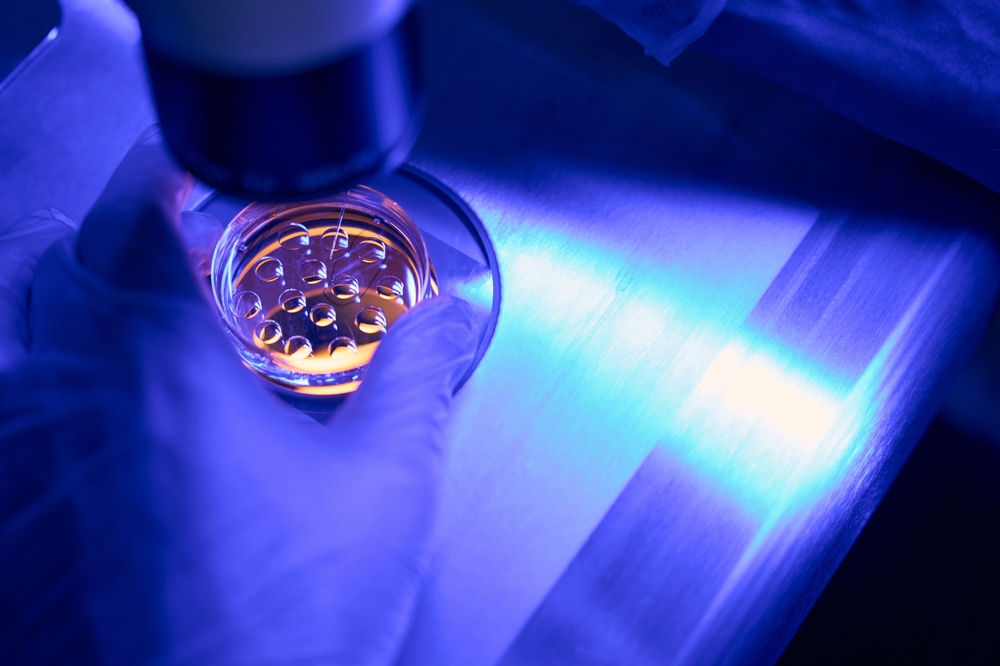Stem cell therapy has revolutionized the field of regenerative medicine – and it can potentially hold the key to unlocking treatments for various incurable diseases and conditions. Yet despite its potential, the field remains a controversial one in certain quarters.
Ethical dilemmas, religious objections, and scientific skepticism fuel an ongoing debate that can divide public opinion. While more and more people are now looking beyond the infamous reputation stem cells gained in the 1990s, not everyone is convinced. The following guide aims to answer why do people disagree with stem cell therapy.
The History of Stem Cells: Controversial Beginnings
Whether it was due to making the headlines or being the topic of a South Park episode, many will remember first being introduced to the subject of stem cells in the late 1990s. However, the origins of stem cells go all the way back to 1961 when they were discovered by researchers Ernest McCulloch and James Till.
Although this breakthrough set the stage for future research, it wasn’t until the 90s that stem cell research entered the public consciousness – and this was mainly due to the potential use of embryonic stem cells.
The isolation of human embryonic stem cells in 1998 sparked a firestorm of ethical questions. The main issue was down to the source of these cells: human embryos. These embryos were often left over from in vitro fertilization procedures, and many viewed the destruction of human embryos for research purposes as both morally and ethically unacceptable. The staunchest critics equated it to the taking of human life.
This ethical dilemma quickly polarized public opinion and, on the subject of why do people disagree with stem cell therapy, led to significant political and religious backlash.
Governments worldwide reacted differently to this scenario. Some imposed strict regulations or outright bans on embryonic stem cell research. Others, on the other hand, recognized the potential of stem cells to treat debilitating conditions and supported further research. This deviation in regulatory approaches only further complicated the field. It created a patchwork of laws and guidelines, ones that researchers had to carefully navigate.
The controversies of these early days set the stage for ongoing debates and regulations that are still felt today. For instance, the FDA to this day only approves hematopoietic stem cell transplants. That’s why the locations we cover with our stem cell therapies fall outside the United States.
The Ethical Concerns of Stem Cells
There’s no getting away from it: ethical concerns have been at the forefront of stem cell research since its inception. These concerns are built around the aforementioned use of embryonic stem cells. Critics argue that research involving the use of embryos raises significant moral questions as it involves the destruction of potential human life. However, the field of stem cell research has evolved considerably to the point it addresses many of these issues through ethically sound practices.
One of the most significant advancements is the development of induced pluripotent stem cells. A pluripotent stem cell sees adult stem cells being reprogrammed to behave like embryonic stem cells. That means they are capable of being developed into any cell type.
Read more: What Are Stem Cells?
The invention of the pluripotent stem cell has been hailed as a major ethical breakthrough. With research involving adult stem cells instead of embryos, it’s possible to avoid the moral dilemmas associated with embryonic stem cell use – all while still being able to harness their therapeutic potential.
That’s not all. Advancements in adult stem cell research have shown promising results in treating various conditions – ranging from leukemia to spinal cord injuries – without ethical controversies attached. This cell type can be harvested from the patient’s own body, processed, and then used as stem cell injections. As a result, it eliminates concerns about embryo destruction and immune rejection.
Read more: What Are Stem Cell Injections?
Legal and Regulatory Issues
The legal and regulatory landscape of stem cell therapies varies hugely across the globe. This reflects not just ethical considerations but also differing societal values. Going back to the United States, the FDA plays a key role in overseeing stem cell therapies to ensure treatments are both safe and effective before they reach the market. However, their stringent approval process, where only one treatment has been approved to date, has slowed down the availability of potentially life-saving therapies for those locally.
In contrast, countries like Colombia have adopted more streamlined regulatory frameworks, accelerating the approval of stem cell treatments while maintaining safety standards. This disparity leads to stem cell tourism, where patients travel abroad to receive treatments not available in their home countries.
Economic Factors
Beyond ethical and legal problems, another factor that influences its development and accessibility is economics. High research and development costs, coupled with expensive clinical trials, contribute to the significant financial burden on biotech companies and medical institutions. These costs are then often passed down to patients, something which makes treatments expensive for many – and this raises concerns about equitable access.
Additionally, insurance coverage remains a contentious issue, with many providers hesitant to cover experimental treatments. However, as more therapies receive regulatory approval and demonstrate cost-effectiveness, insurance companies globally are beginning to include them in their plans. This makes these groundbreaking treatments more accessible to a broader population, an element that further goes against those who still disagree with stem cells.
Stem Cell Therapy in the Present Day
Today, the field of stem cell research is increasingly focused on ethically sourced cells. That focus, that push – one which is supported fully at BioXcellerator – has garnered broader public support and acceptance. Regulatory frameworks have also improved to deliver an environment where research is conducted responsibly and ethically.
Why do people disagree with stem cell therapy? Ultimately, it is primarily down to its murky past. Some may balk at the perceived stem cell therapy cost, or they may question the results of certain treatments for certain conditions. Yet the scientific community’s commitment to finding ethical solutions has significantly advanced the field. It offers even greater hope for future medical breakthroughs, done without compromising moral principles.


